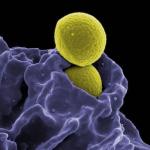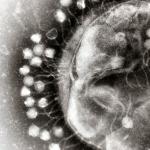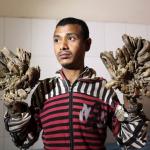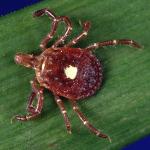“This study has its roots in decades of research pointing to the contribution of a person’s psychological state to their heart health1 In a well-known condition known as ‘broken-heart syndrome,’ an extremely stressful event can gener
immunology
For all the ink spilled pixels expended, on COVID-19 and the immune system, it might help in putting our response and our attempts at vaccines into perspective if we review how our immune system works.
Why do microbes kill some people but not others? This is the hardest question in all of medical microbiology. The reason it's so hard is because the answer depends not just on the microbe in question but also on the person.
Promising work just published in Nature Medicine especially offers hope to chronically ill patients battling drug-resistant infections while most compromised with weakened im
A new study that says oral sex can prevent miscarriage predictably has gone viral, thanks mostly to the rather excitable British tabloids. But is it true? If it is, the study doesn't even come close to confirming the hypothesis.
You may have noticed a number of headlines referencing the “Tree Man” from Bangladesh with claims he is “cured” after 16 operations for his rare genetic disorder that transformed his hands and feet into bark-like warts and cutaneous horns.
Perhaps the strangest medical phenomenon discovered in recent years is a link between the lone star tick and an allergy to red meat.
Allergy to cow's milk is not well understood*.










